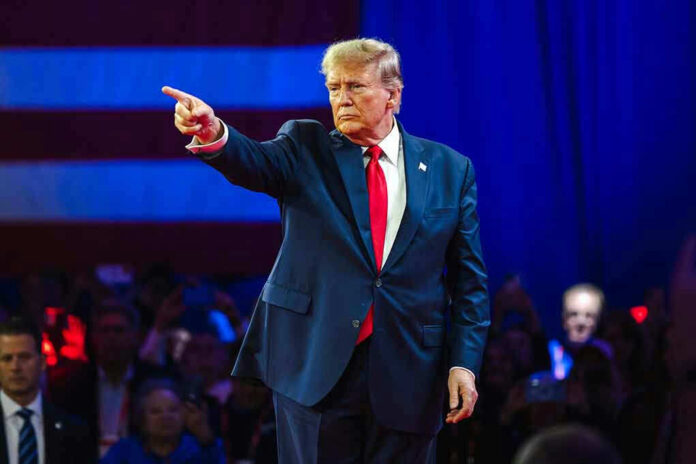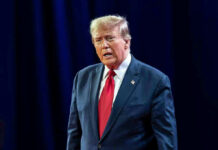
A new demand by President Trump for Senator Elizabeth Warren to take a drug test ignites controversy and raises eyebrows across the nation.
Story Highlights
- President Trump suggests a drug test for Senator Warren at a White House event.
- Warren criticized Trump’s Social Security policies, prompting the response.
- The comment references Warren’s past Native American ancestry claims.
- Warren recently endorsed a democratic socialist for NYC mayor.
Trump’s Controversial Demand at White House Event
On August 14, 2025, during a commemorative event at the White House for Social Security’s 90th anniversary, President Donald Trump called for Senator Elizabeth Warren to take a drug test. The remark came as a pointed response to Warren’s vocal criticism of Trump’s Social Security policies and her political activities, such as endorsing a democratic socialist for New York City’s mayoral race. This latest comment continues Trump’s pattern of using personal attacks to undermine political adversaries.
Background of the Trump-Warren Feud
The animosity between Trump and Warren is longstanding, rooted in Warren’s claims of Native American ancestry, which Trump has mocked by dubbing her “Pocahontas.” Warren’s opposition to Trump’s policies, particularly on economic and social welfare issues, has fueled their adversarial relationship. Earlier this year, Warren wrote an op-ed accusing Trump of threatening Social Security by referencing actions taken by Commerce Secretary Howard Lutnick and Elon Musk’s Department of Government Efficiency.
The timing of Trump’s remarks coincides with Warren’s endorsement of Zohran Mamdani, a democratic socialist, for New York City mayor, adding another layer to their ongoing feud. The White House event provided a platform for Trump to retaliate against Warren’s critiques, using the drug test suggestion as a rhetorical device.
Political and Social Implications
Trump’s comment has sparked significant media attention and debate, highlighting the divisive nature of contemporary political discourse. While Warren’s camp may view the attack as sexist or defamatory, Trump’s supporters could perceive it as a robust defense against what they see as unfair criticism. This exchange exemplifies the ongoing polarization in U.S. politics, where personal attacks often overshadow substantive policy discussions.
The broader impact of this controversy may further entrench partisanship, distracting from critical issues like Social Security reform. It underscores the need for fact-based debate over ad hominem attacks, as noted by political analysts and social commentators. As the situation develops, both Trump and Warren continue to play pivotal roles in shaping their parties’ narratives and strategies.
Sources:












